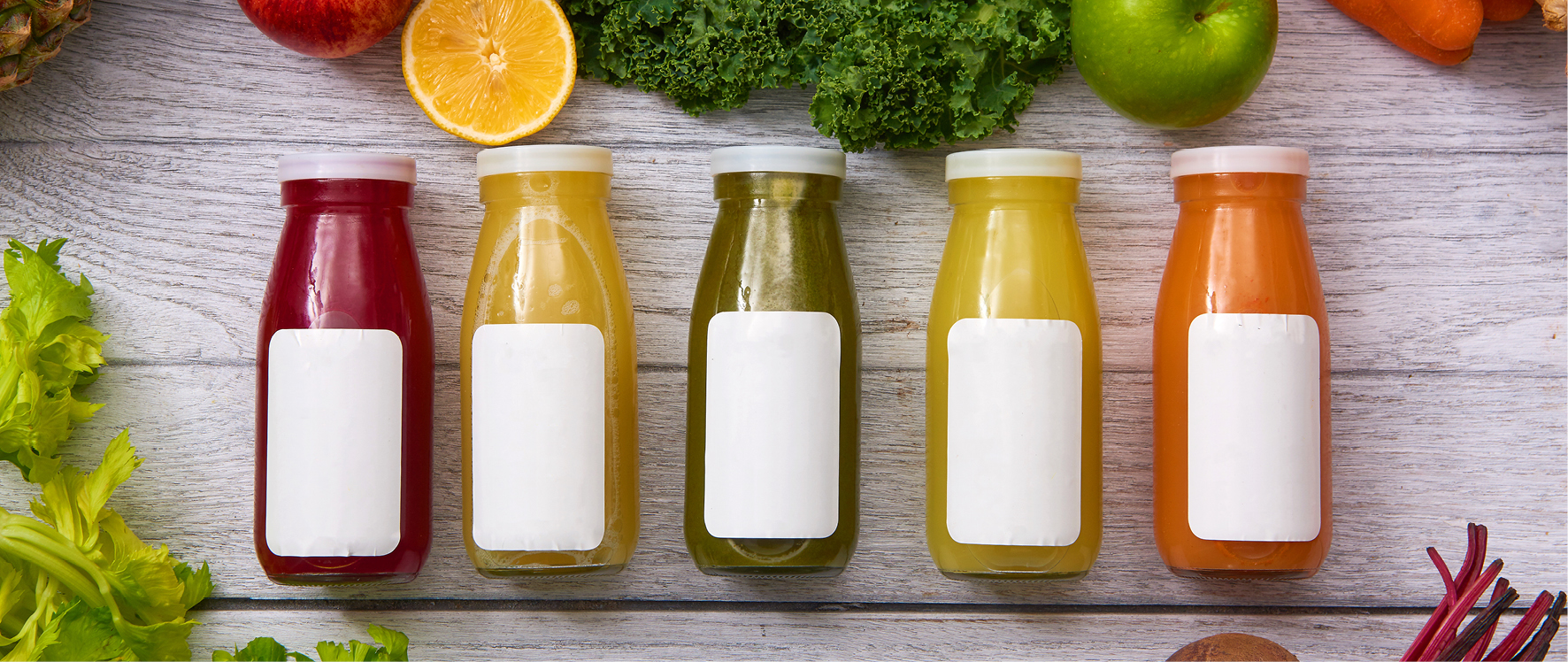
The clean label revolution
In recent years, consumers have developed a greater awareness of how what they eat impacts their health and the environment, leading them to focus more attention on the ingredients in the products they buy and consume. From this trend the so-called clean label market has evolved, which is leading many companies to develop or reformulate their products, trying to use fewer, better known and natural ingredients. In fact, according to the analysis drawn up by the Market Data Forecast, the size of the global clean label market is $38.8 billion in 2021, with a forecast growth of $64.1 billion by 2026, that is an annual growth rate (CAGR) of 6.8%.
But what does the term ‘clean label’ mean?
Currently, there is no official definition of the term clean label, so interpretation can vary for both consumers and food producers. The most usual denomination is that of a product having few local and natural ingredients, free from certain artificial substances, such as additives and preservatives. The presence of unfamiliar ingredients can discourage purchases, as highlighted by InnovaMarket trends research 2021, where 2 out of 3 consumers overall say they avoid buying products with ingredients that are difficult to understand or unfamiliar. However, the concept of clean label does not only include the ingredients on the product label, but also the origin of these ingredients, as well as the company’s commitment to adopt environmentally sustainable practices and processes in the production of the food.
 Clean label challenges for plant-based products
The issue of clean label also affects the market segment related to plant-based products, driven by the trends of vegan, vegetarian and flexitarian diets. In fact, consumers of plant-based products tend to prefer buying more natural, healthy foods, thus paying more attention to what is stated on the label. In fact, the webinar Plant Proteins: An Expanding Opportunity held by InnovaMarket, stated that 54% of people surveyed associate plant-based products with the idea of healthy and wholesome. However, at the same time, negative factors that discourage the purchase of these products include the presence of chemical ingredients in plant-based products, or their being overly processed (19%). This shows an apparent discrepancy between the concepts that consumers associate with plant-based products and the actual ingredients used in their production. In fact, some plant-based products, such as alternatives to meat and dairy, require many ingredients and processes to achieve the taste and texture similar to the animal product they refer to. In this sense, many companies are working to improve the labels of their plant-based products, trying to reduce the list of ingredients, promoting a transparent communication in favor of consumers.
All-Natural claims and products labelling
Since there is no official definition of clean label, many products can boast of different claims that generate in consumers the feeling of haveing healthy and natural products. Since European legislation does not provide for an official definition of “natural”, the association SAFE (Safe Food Advocacy Europe) has launched a campaign WeValueTrueNatural, to ask for greater clarity and transparency in labels for the benefit of consumers. According to SAFE this definition should be based on specific requirements such as the total absence of substances or ingredients of synthetic origin, the absence of GMOs, and the possibility to consider the product 100% biodegradable. In addition to this campaign, the Farm to Fork strategy itself also addresses this issue, suggesting the adoption of a common labeling system throughout Europe, so that a standard way of regulating the system in which products declare the ingredients within them is regulated.
We can therefore say that in the European scenario the attention towards the diffusion of a standardized and clean labeling system is an important and constantly evolving issue, which will impact the whole world of food products, including plant-based products, and from which we can surely expect significant activities in the next years.
